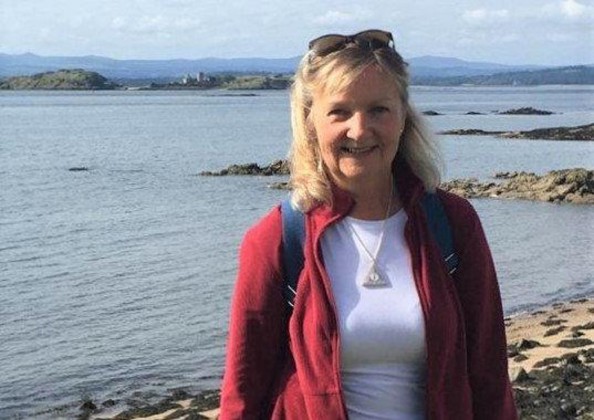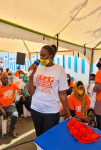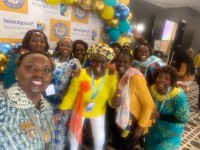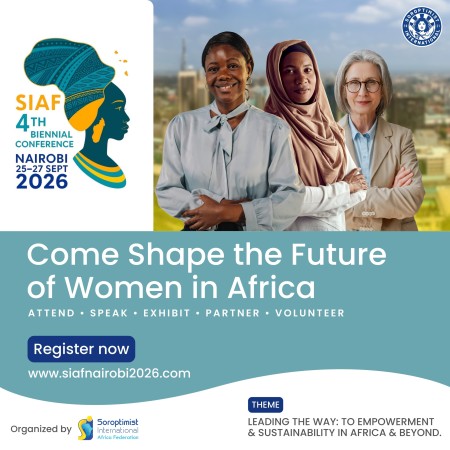UN CSW65, the biggest gathering of gender equality advocates in the world. This year’s CSW has witnessed a record attendance of over 25,000 delegates. The annual session focus is mainly to discuss progress, identify challenges, set policies and global standards in achieving gender equality. My interest today was drawn to the UN CSW Civil Society Briefing with Armenia’s UN Ambassador Mher Margaryan, UN Women Lopa Banerjee and NGO CSW New York Chair Houry Geudelekian. The session provided participants with insights of negotiation processes on the agreed conclusions. Ambassador Margaryan responded “nothing is agreed, until everything is agreed”.
Achieving an equal future for girls in a COVID-19 world:
Even though eradicating all forms of violence against women and girls has been a past theme of CSW, this year some states are pushing back and do not want violence against girls to be included in the resolution. Sexual and gender-based violence against girls is not a minor issue – early, child and forced marriage, FGM, sexual violence, trafficking, and other forms of violence are world-wide phenomena and are all human rights abuses, said Francesca Williams, SI Global Policy Coordinator in her intervention at the civil society briefing.
Other participants raised the following summary points that are key to be included in the agreed conclusions. Top on the list were issues such as; child marriage/teenage pregnancy, voices of young girls, the need for greater financing for gender equality, gender-based violence, widows, importance of women leadership and that women are still not at the decision-making table. The question on what countries have done to ratify the implementation of ILO C190 (eliminating violence and harassment in the field of work) was also voiced. There are distinct issues between women and girls and girls want to be treated as equal. #genderequality
Which way Forward for Civil Society Voices?
Friendly states like Canada were mentioned as strong allies who are assisting to amplify civil societies’ voices into the negotiations. Civil Society needs to pressure Member States within their Countries Government to implement the agreed conclusions and this includes allocating appropriate funding. Access to digital technology especially for women in rural and remote areas. Investment in education is essential (Soroptimist Members are well positioned to do this by supporting local SI Clubs and helping to facilitate education/training)





